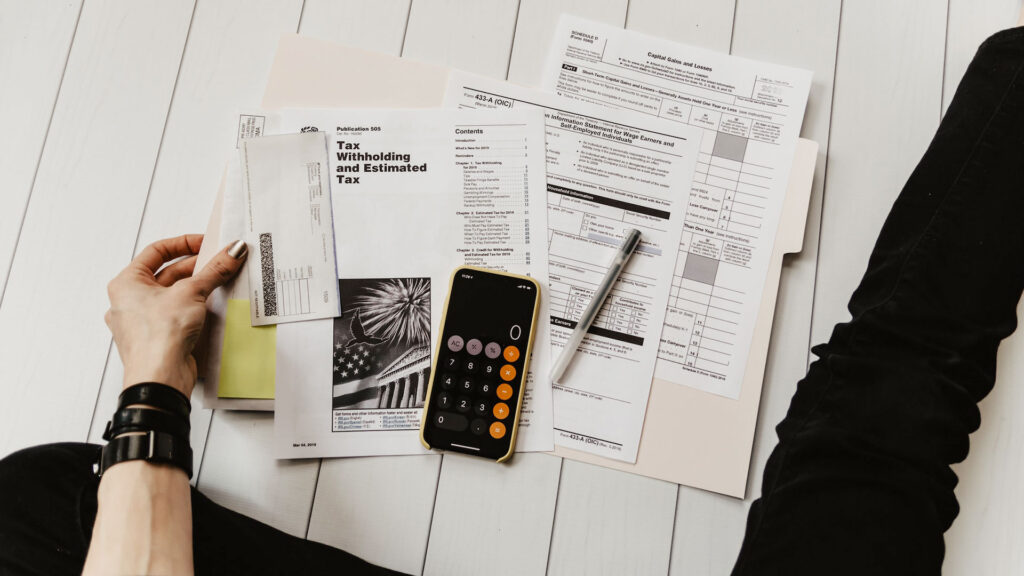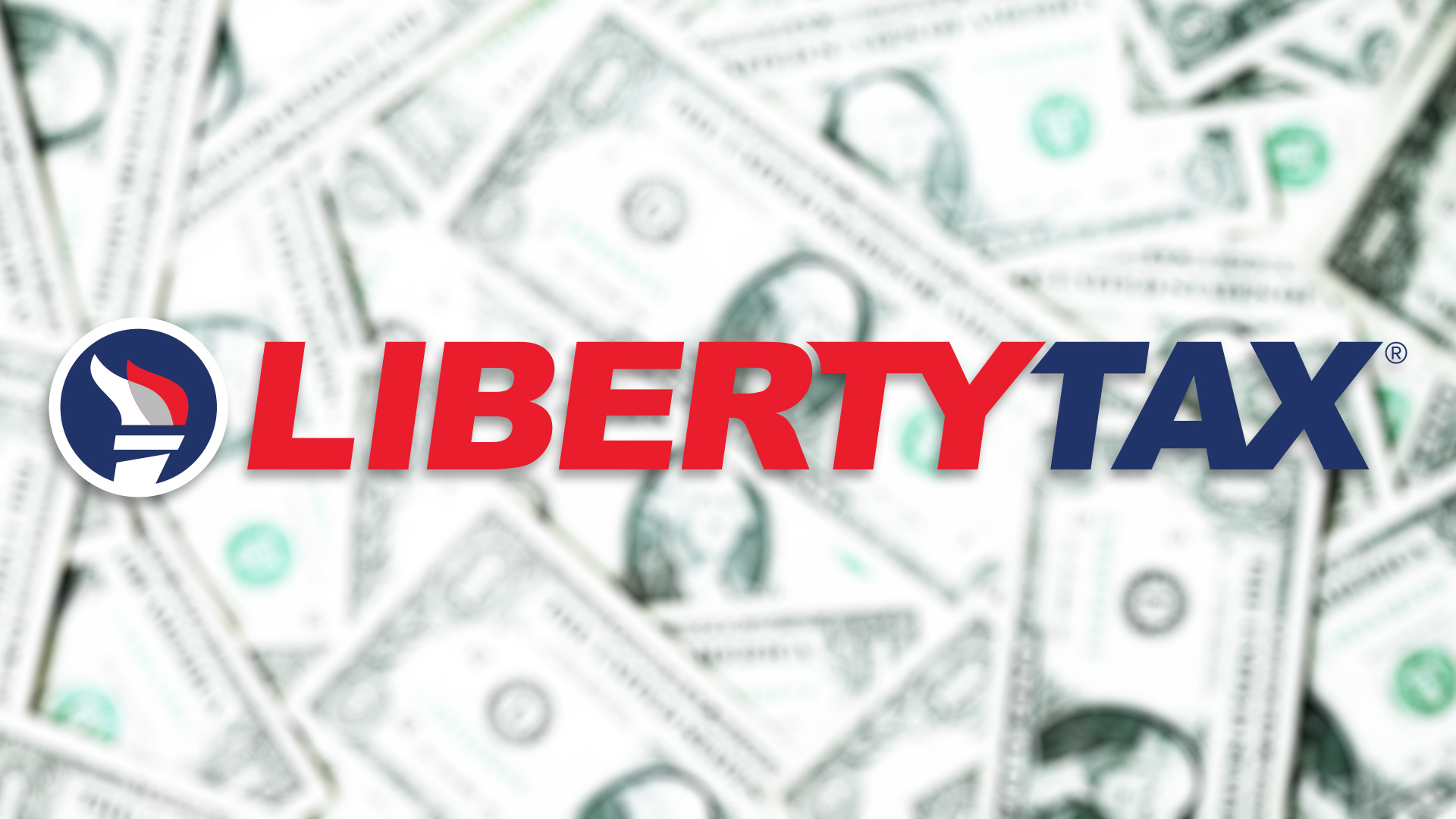Most products on this page are from partners who may compensate us. This may influence which products we write about and where and how they appear on the page. However, opinions expressed here are the author's alone, not those of any bank, credit card issuer, airline or hotel chain.
When you first took out a personal loan, you may have wondered how it can impact your taxes. We'll look at whether personal loans are tax deductible, when you may be able to deduct them, and how these loans can affect your taxes when April comes around.
Are Personal Loans Tax Deductible?

No, personal loan payments or the interest you pay are generally not tax deductible. But depending on what you use the loan for, you may be able to deduct the interest from your taxes. For example, if the loan was used for business purposes, higher education expenses, or as a taxable investment, the interest paid on the loan may be deductible.
Check with a tax professional to verify whether your personal loan payments qualify for tax deductions based on IRS rules.
Is a Personal Loan Considered Taxable Income?
No, a personal loan is not considered taxable income. Taxable income is income earned from a job, side hustle or investment. Personal loans are not a form of income because you aren't earning money on it, so they typically don't need to be reported in one's taxes.
In the vast majority of cases, personal loans will not affect your taxes because the money you received is not considered to be taxable income. This is true in most cases regardless of how you got the personal loan, what your loan payments are, and what type of loan lender you applied with.
Types of Personal Loan Interest That Are Tax Deductible

While the majority of personal loans are not tax-deductible, there are some exceptions. If your personal loan is being used for any of the following reasons, you might qualify to have your interest payments be included as tax deductions.
Higher Education Expenses
In addition to student loans, some people may take out a personal loan to help pay for educational expenses or to refinance a student loan. If you took out a personal loan to pay for qualified education expenses such as school fees, equipment, and other costs, the interest payments may qualify as a student loan interest tax deduction.
There are limitations to note though. The funds must be for you, a spouse, or dependent, and they must be enrolled in a credentialed program at least half-time.
Small Business Expenses
Small business owners may need to find additional sources of funding to keep their operations going. If a business loan is not an option, some business owners will apply for a personal loan to keep the business going.
In such cases, the interest you paid on the loan may be deductible come tax time if it was used towards business expenses. In addition to using your personal loan to buy needed supplies and inventory, if the money goes towards marketing and/or a company website, these may qualify as business-related expenses. Freelancers, the self-employed, and those with a side gig may also benefit if they used the loan towards their jobs.
Qualified Investments
People who use their personal loans to buy qualified stocks and bonds or invest in mutual funds might be able to deduct the interest on the loan. This itemized deduction is called the investment interest deduction, and it may apply to the interest you pay on a loan used to buy taxable investments.
It is also important to note that you may face additional tax rules regarding the capital gains from these investments. To be sure you are following the IRS rules, it may be a good idea to consult an accountant to help you navigate complicated tax rules.

Should I Get a Loan to Pay Off Credit Card Debt?
What If My Personal Loan Was Canceled?
When a bank, credit union, or other lender cancels a personal loan for whatever reason, the amount left on the loan may be taxable income. Since the debt has now been canceled, you won't need to repay the remainder of the loan, so it will likely be counted as income and must be taxed.
Per the IRS, loans that are partially or fully canceled will be reported in Form 1099-C, or Cancellation of Debt form, which will be sent by the lender. This form will specify how much you'll need to report as income when you file your taxes.
Understanding the Tax Implications
In general, personal loans are not tax deductible unless used towards qualifying business, higher education, or investment. It's always a good idea to consult a tax professional to help you understand the tax implications so you don't find yourself in trouble with the IRS when tax season rolls around.
FAQs
-
You are generally not required to report a personal loan in your taxes since it is not considered taxable income where you earn money from it. However, some personal loan interest payments may qualify for tax deductions, such as those used towards business, education, or investments. In these cases, you may be able to deduct your loan interest payments when you file your taxes.
-
In most situations, a personal line of credit is not tax deductible. If the personal line of credit is used for college expenses, investments, or business expenses, the interest paid on the loan may be deductible—but not the balance of the loan. Check with your tax professional for more information.
-
In most cases, you cannot write off a personal loan in your taxes. There are exceptions, though. For instance, let's say the loan was used for higher education, business expenses, and/or investments. The loan interest payments may qualify for tax deductions, which may be able to offset your overall taxble income. Again, consult a tax professional for help with your unique situation.

















